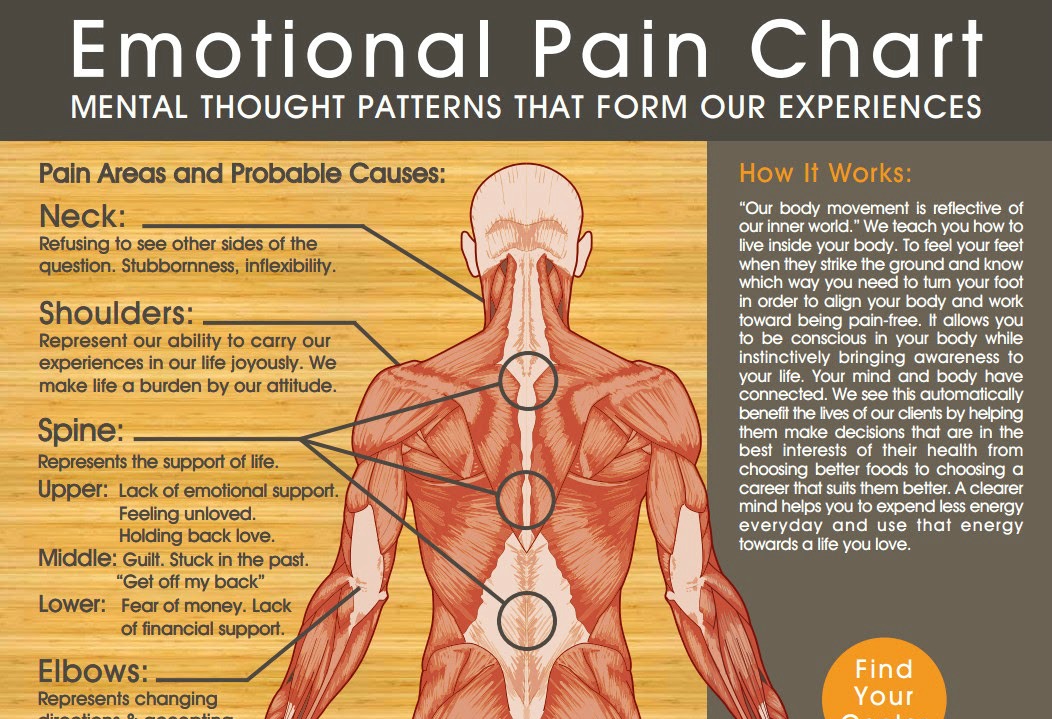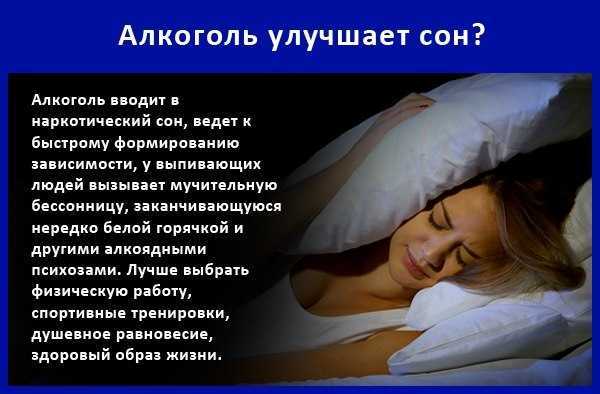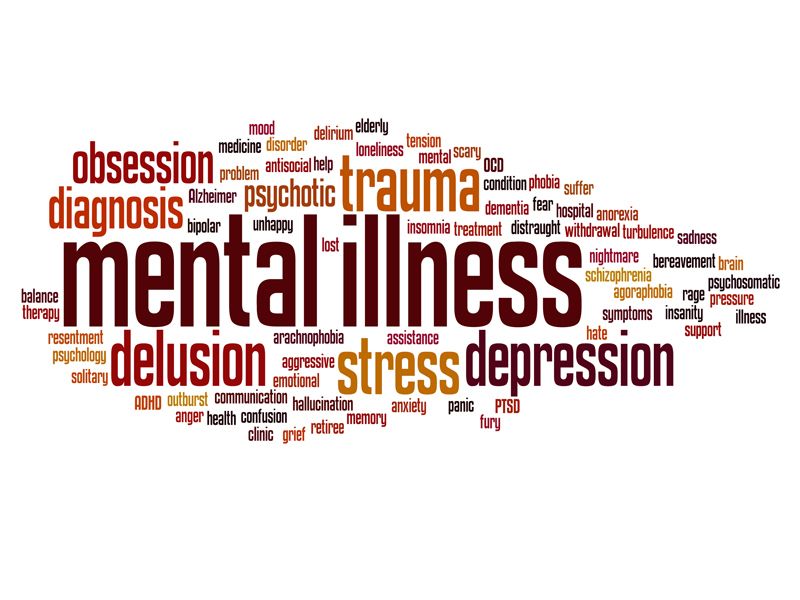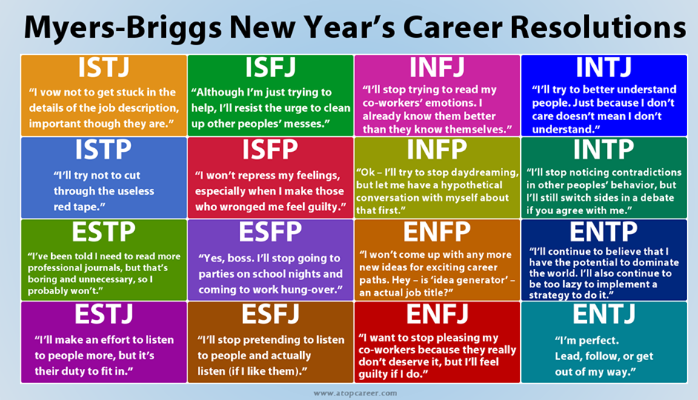Physical pain of anxiety
Recognizing and easing the physical symptoms of anxiety
Simple strategies can reduce the headaches, upset stomach, and shortness of breath that may be triggered by emotional stress.You've had headaches on and off, or possibly nausea, or muscle pain. It could be emotions, rather than a physical illness, driving your symptoms.
Blame your autonomic nervous system. This is a system in your body that you don't consciously control, but that regulates things like your heart rate, breathing, urination, and sexual function. It's also the system that reacts when you are under a physical threat. The autonomic nervous system produces your fight-or-flight response, which is designed to help you defend yourself or run away from danger.
When you are under stress or anxious, this system kicks into action, and physical symptoms can appear — headaches, nausea, shortness of breath, shakiness, or stomach pain. "Doctors see it all the time — patients with real pain or other symptoms, but nothing is physically wrong with them," says Dr.
Arthur Barsky, professor of psychiatry at Harvard Medical School.
In today's world, with the COVID-19 pandemic and its economic toll, many people may be noticing new physical symptoms without realizing what's causing them. "This is a terribly stressful time," says Dr. Barsky. "There is stress about what our lives are like, the ominous threat of getting the virus and getting sick. It's already clear that the pandemic is heightening anxiety and sense of stress."
For some people, this situation is the start of a vicious cycle. "Anxiety and stress themselves produce these physical symptoms, and on top of that your reaction to those symptoms can make them worse. The more you focus on them, the more alarmed you become, and the more intense your symptoms become," says Dr. Barsky. "It can get really out of control and become so uncomfortable that you might not be able to do much more than sit and worry."
Identifying and easing anxiety
It's possible to become so fixated on the physical effects from your anxious state that you don't even realize you were anxious to begin with, says Dr.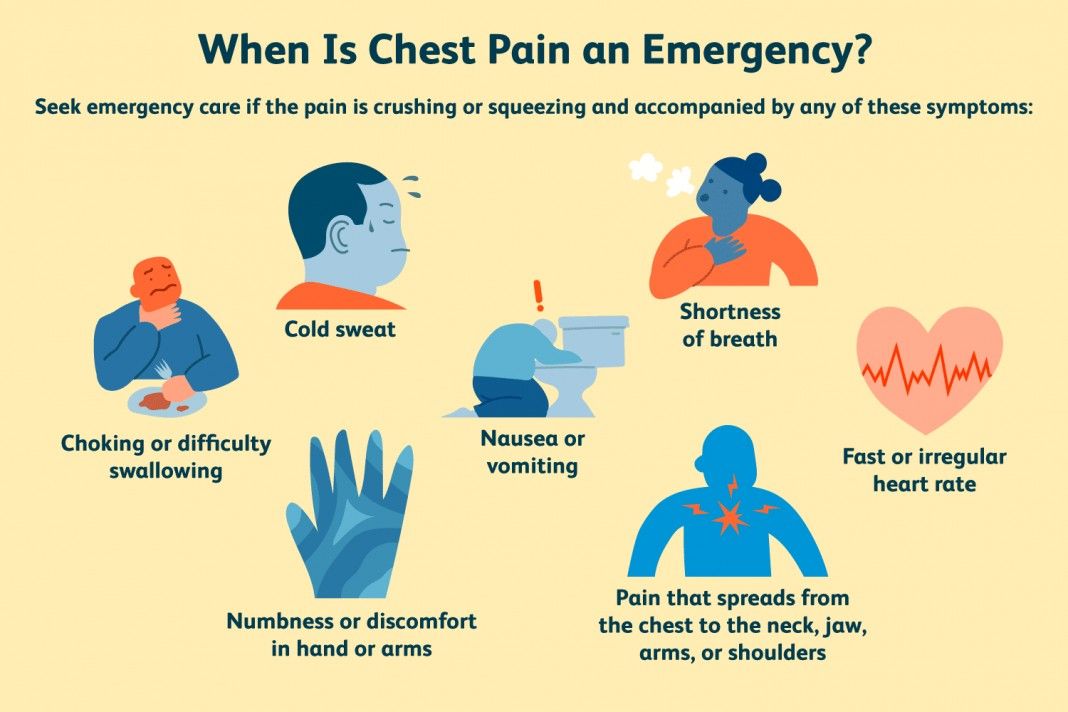 Barsky. So, how do you know if anxiety is causing your symptoms? And if it is, how can you feel better? Dr. Barsky offers some tips to help you interrupt this cycle.
Barsky. So, how do you know if anxiety is causing your symptoms? And if it is, how can you feel better? Dr. Barsky offers some tips to help you interrupt this cycle.
Stop and assess. "The first step is to pause for a second and observe what's going on with your body," says Dr. Barsky. Think about what you are experiencing and whether it relates to a feeling of emotional upset or a reaction to something alarming or stressful. If your symptoms followed a stressful event or period of time, it's possible these emotions triggered your symptoms. Also, be alert to signs that you are tensing your muscles, which can also indicate a stress reaction.
Distract yourself. If you suspect anxiety is at the root of your physical symptoms, distraction can be a helpful tool. "It's good to build a repertoire of things that can distract you from your focus on your body. Look at a photo album. Do the laundry," says Dr. Barsky. Even something as simple as watering the plants or putting together a jigsaw puzzle can help. "This can fairly reliably get you out of a cycle of increased anxiety and increased physical symptoms," says Dr. Barsky. Very often, once you move on to another activity and take your mind off your symptoms, you'll start to feel better. Distractions are different for each person. Try different activities to figure out what takes your mind to a calm place.
"This can fairly reliably get you out of a cycle of increased anxiety and increased physical symptoms," says Dr. Barsky. Very often, once you move on to another activity and take your mind off your symptoms, you'll start to feel better. Distractions are different for each person. Try different activities to figure out what takes your mind to a calm place.
Relax your body — or work it. To relieve stress, try some deep breathing or relaxation exercises. There are numerous online resources and smartphone apps that can help guide you through relaxation techniques. Physical activity can also help you relieve tension. Try to squeeze in a daily walk or a run.
Reassure yourself. If you believe your symptoms are being caused by anxiety, reassure yourself that what you are experiencing is not harmful or fatal. "They're not serious, and they don't signal an impending medical disaster," says Dr. Barsky. The symptoms will pass when the anxiety eases.
Get checked.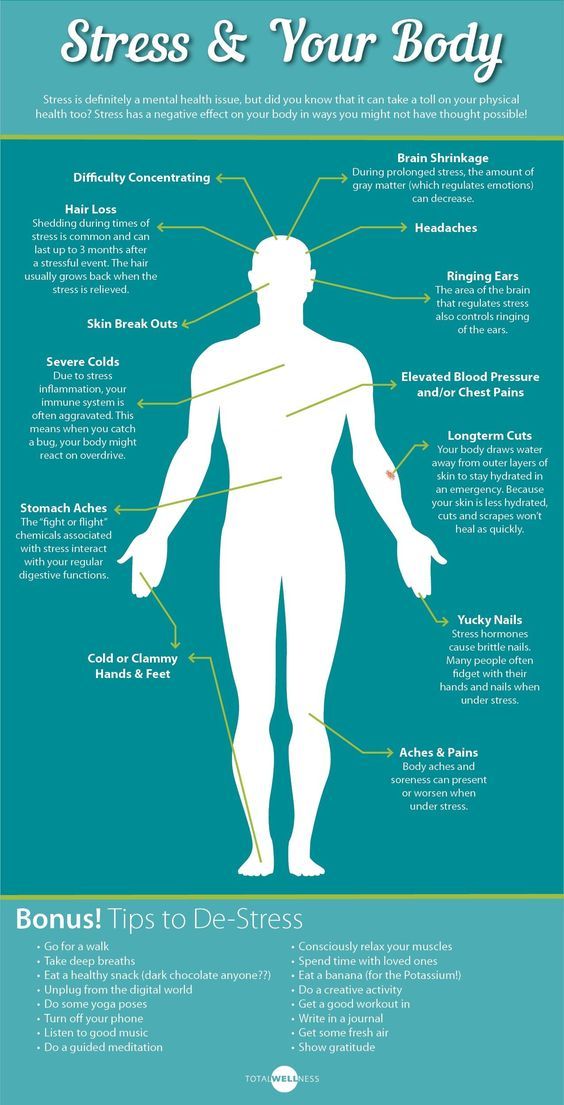 There is a difference between anxiety that triggers physical symptoms and physical symptoms that trigger anxiety, says Dr. Barsky. For example, people who are having an asthma attack and therefore having trouble breathing will likely feel anxious. But anxiety is not causing their shortness of breath. If you have a physical problem that does not resolve with relaxation or other techniques, contact your doctor to have it checked out.
There is a difference between anxiety that triggers physical symptoms and physical symptoms that trigger anxiety, says Dr. Barsky. For example, people who are having an asthma attack and therefore having trouble breathing will likely feel anxious. But anxiety is not causing their shortness of breath. If you have a physical problem that does not resolve with relaxation or other techniques, contact your doctor to have it checked out.
Know when to seek help. Simple anxiety sometimes crosses the line and becomes an anxiety disorder. Signs that you might have a problem include shying away from activities because you are fearful, or being so preoccupied with worry that it affects your ability to function. If this sounds like you, it's time to seek some help. Anxiety disorders are very treatable using a variety of different approaches, says Dr. Barsky.
Image: © Mykyta Dolmatov/Getty Images
10 Most Common Physical Symptoms of Anxiety : Intrepid Mental Wellness, PLLC: Psychiatric Nurse Practitioners
10 Most Common Physical Symptoms of Anxiety : Intrepid Mental Wellness, PLLC: Psychiatric Nurse Practitioners10 Most Common Physical Symptoms of Anxiety
Anxiety and panic disorders can produce a wide range of distressing physical symptoms.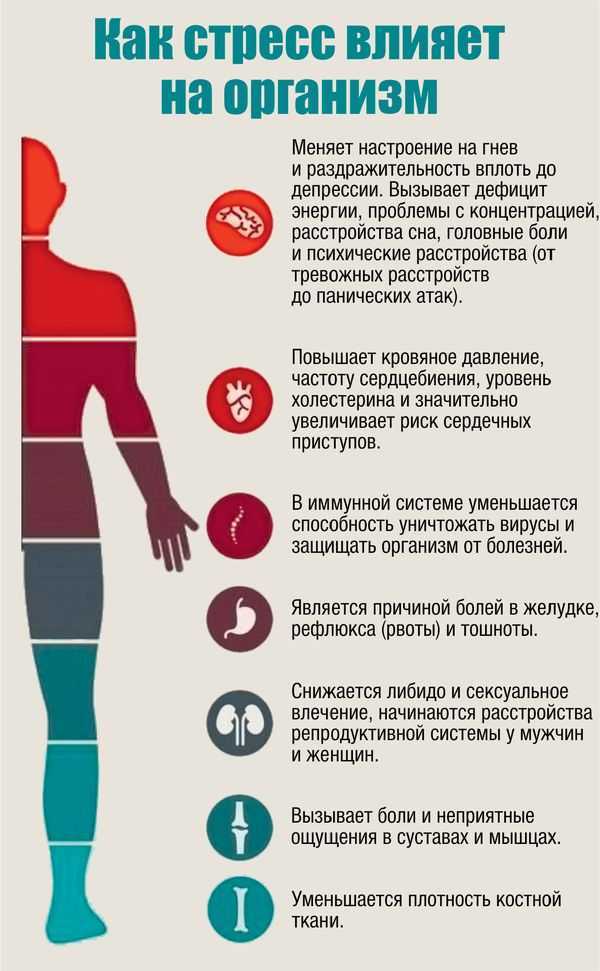 Many people are unaware that their symptoms are caused by anxiety, which can make the problem worse, as many people worry that their symptoms are caused by an underlying disease, leading to further anxiety. This vicious circle can be broken by learning about anxiety and being able to recognize the physical symptoms. Here are the 10 most common physical symptoms of anxiety.
Many people are unaware that their symptoms are caused by anxiety, which can make the problem worse, as many people worry that their symptoms are caused by an underlying disease, leading to further anxiety. This vicious circle can be broken by learning about anxiety and being able to recognize the physical symptoms. Here are the 10 most common physical symptoms of anxiety.
Fatigue
Fatigue is one of the most common symptoms associated with anxiety, panic disorder, chronic stress, depression and other mental health disorders. Chronic anxiety leaves the body and mind in a constant state of tension and high alertness. The mind is constantly scanning the external and internal environment for threats, leading to emotional distress and physical tension. This constant state of high alertness leads to mental and physical exhaustion, which will often persist even after a long sleep.
Increased Heart Rate
Anxiety is a natural response to danger and is needed for humans to survive.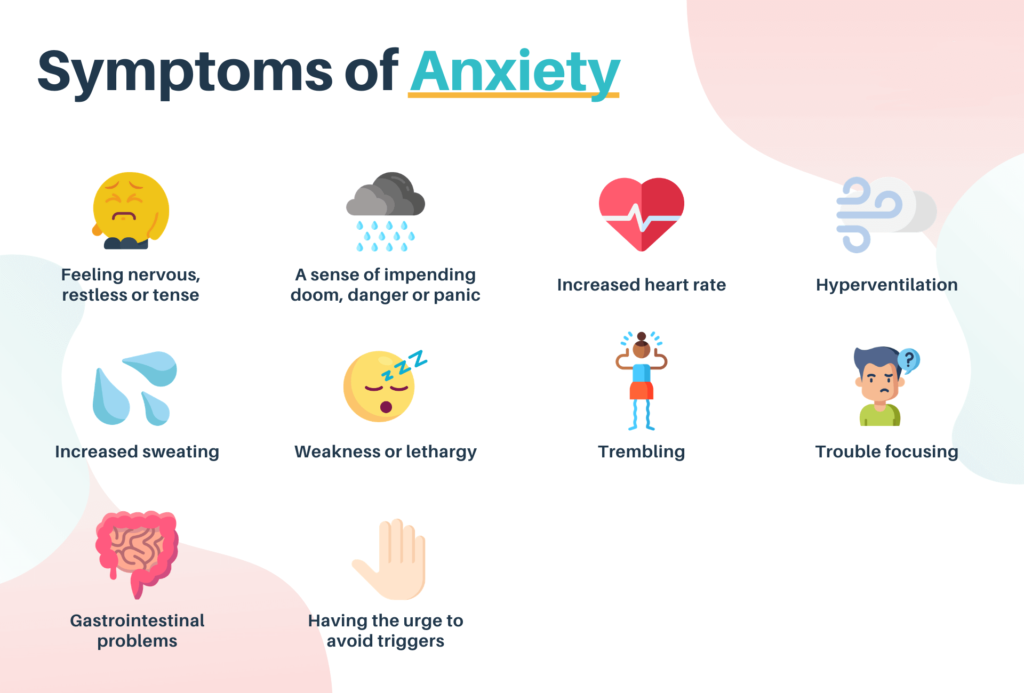 High levels of anxiety trigger changes in the body to help prepare for dealing with threats and danger, also known as the fight or flight response. However, if you're living with chronic anxiety, your body and mind are often unable to tell the difference between real and imagined dangers, which means that the fight or flight response may be continually active. One of the first changes to occur during the fight or flight response is an increase in heart rate.
High levels of anxiety trigger changes in the body to help prepare for dealing with threats and danger, also known as the fight or flight response. However, if you're living with chronic anxiety, your body and mind are often unable to tell the difference between real and imagined dangers, which means that the fight or flight response may be continually active. One of the first changes to occur during the fight or flight response is an increase in heart rate.
Heart Palpitations
Heart palpitations are often one of the most distressing symptoms associated with anxiety, as they can feel scary and many people worry that they are having a heart attack, particularly when palpitations are combined with chest pain. Heart palpitations can feel like your heart is pounding, fluttering, beating too fast or missing beats. Some people can even feel their heart beating in their throat, neck or head. While heart palpitations can be scary, they usually pass within a few seconds.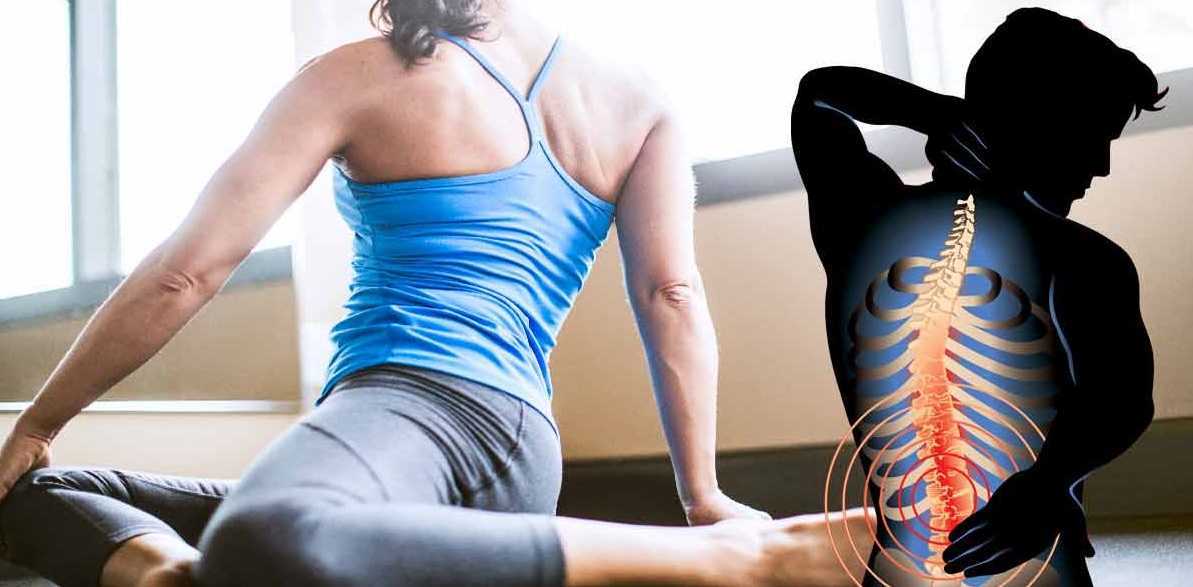
Shortness of Breath
Shortness of breath is another distressing symptom that leads many people to worry that they are having a heart attack, choking or experiencing problems with their lungs. Shortness of breath is usually caused by breathing too quickly (hyperventilation), as the body is inhaling too much oxygen and exhaling too much carbon dioxide. Hyperventilation will not harm you, but you may feel as if you are choking, have a lump in your throat or are unable to take in enough air.
Dizziness
Feeling dizzy, faint or unsteady is often the result of hyperventilation, although it may also be caused by other issues related to anxiety, such as muscle tension in the neck and shoulders. Many people feel lightheaded and worry that they might pass out during a panic attack, but some people with an anxiety disorder also experience chronic dizziness and problems with balance.
Muscle Aches
Muscle aches and joint pain can be caused by tension, as well as general poor health.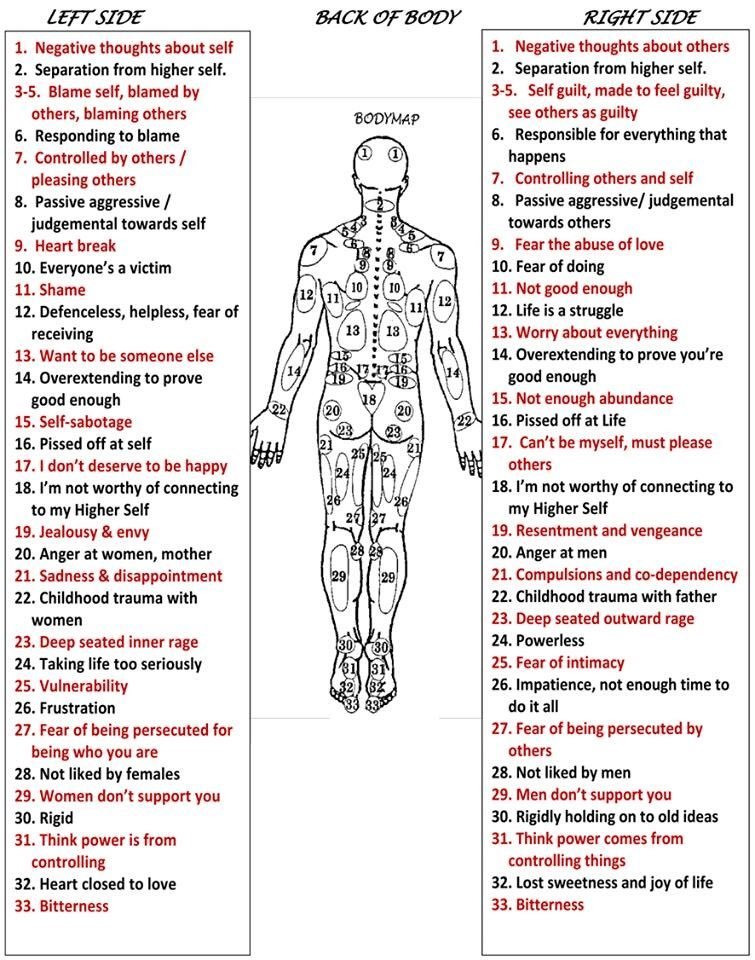 Anxiety causes the muscles to tense up, which can lead to pain and stiffness in almost any area of the body. Constant stress and worry can also prevent the immune system from working properly, leading to decreased resistance to infection and disease. Infection increases inflammation in the body, which can cause a range of symptoms, including joint pain.
Anxiety causes the muscles to tense up, which can lead to pain and stiffness in almost any area of the body. Constant stress and worry can also prevent the immune system from working properly, leading to decreased resistance to infection and disease. Infection increases inflammation in the body, which can cause a range of symptoms, including joint pain.
Muscle Weakness
Another common symptom of chronic anxiety is weakness in the muscles, most commonly experienced in the legs and sometimes the arms. During the fight or flight response, the body is preparing to take action against danger. One of the ways in which the body prepares for this action is to redirect blood flow to the areas most needed, including the legs, which are needed to run away from danger. Increased blood flow to the legs can make them feel weak, tingly or like jelly.
Headaches
Headaches and migraines are often caused by tension, particularly in the neck and shoulders. Teeth grinding, facial tension, poor posture and hyperventilation can also cause headaches and migraines.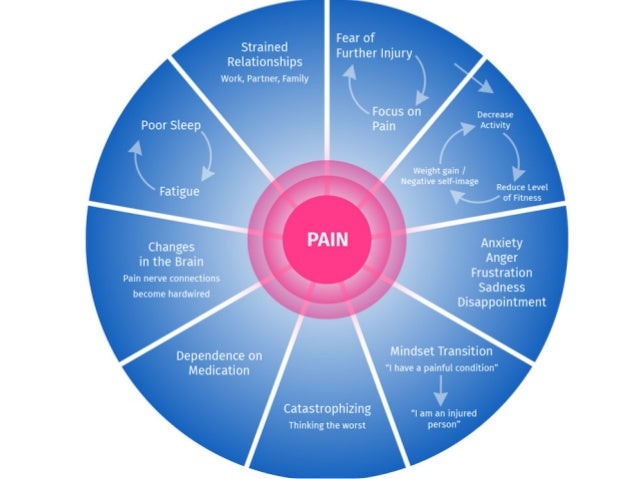 Sharp pain, a dull ache or a feeling of pressure around the head and eyes are common symptoms associated with anxiety. As anxiety can also upset the balance of hormones in the body, some women notice an increase in migraines, as they can be triggered by changes in hormones.
Sharp pain, a dull ache or a feeling of pressure around the head and eyes are common symptoms associated with anxiety. As anxiety can also upset the balance of hormones in the body, some women notice an increase in migraines, as they can be triggered by changes in hormones.
Digestive Discomfort
Excess gas, bloating, stomach cramps, acid indigestion, heartburn, constipation and diarrhea can all be caused by stress and anxiety. Several digestive problems, including irritable bowel syndrome (IBS), have been linked to chronic stress and mental health problems. Anxiety can also increase the symptoms of food intolerance and sensitivities in some people.
Tingling Sensations
Pins and needles, tingling and numbness are common symptoms that mostly affect the extremities, but can also be experienced anywhere in the body. Tingling of the lips, face and arms can be particularly distressing, as many people worry they are having a stroke. Odd sensations in the body, including tingling and numbness, are usually the result of hyperventilation, but can also be caused by physical tension.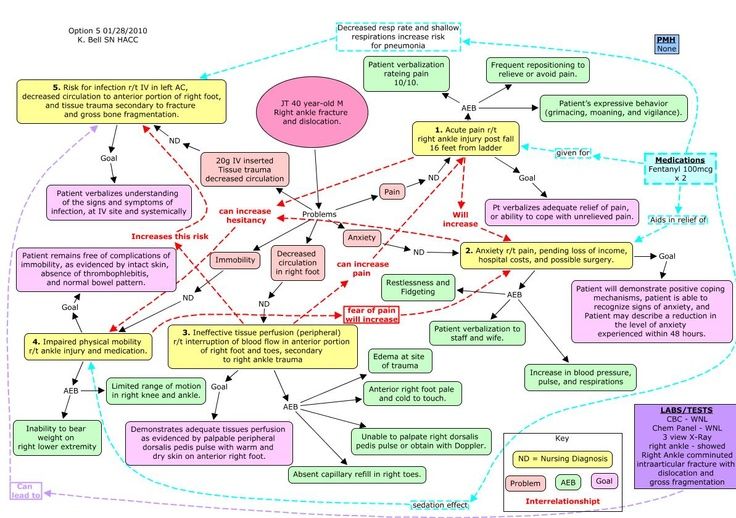
Anxiety can cause a wide range of distressing physical symptoms, but recognizing and accepting that these symptoms are temporary and harmless helps to alleviate fears and prevent further anxiety. The most common physical symptoms of anxiety include fatigue, increased heart rate, heart palpitations, shortness of breath, dizziness, muscle aches, muscle weakness, headaches, digestion, discomfort and tingling sensations.
9 Tips for Managing Your Anxiety Right Now
Are you feeling overwhelmed with anxiety? Whether recent life changes have caused it or it's something you've been struggling with for a while, it can be challenging to know how to manage your anxiety. These nine tips can help you get started.
7 Foods You Should Avoid If You Have Depression
You probably already know that diet has a huge impact on your psychological and mental state. Excluding harmful foods from your diet is the first step towards a healthier brain and mind.
Excluding harmful foods from your diet is the first step towards a healthier brain and mind.
How to Use Food to Manage Your Mental Health
Moods are not created in the mind alone, but in partnership with the body. Ask anyone who has eaten ice cream to cheer themselves up, and they'll tell you that's true. What we feed the body can have an enormous impact on how we feel.
Beyond Depression: Recognizing the Signs and Symptoms of Bipolar Disorder
Depression is a complex disorder, a condition triggered by biochemical, environmental, and psychological influences. Although patients diagnosed with bipolar disorder often experience bouts of depression, their condition is far more complex.
Dietary Changes That Can Have Positive Effects on ADHD Symptoms
When parents suspect their child has attention deficit hyperactivity disorder (ADHD) or a diagnosis has already been made, making changes to the child's diet, for example, could have significant positive effects.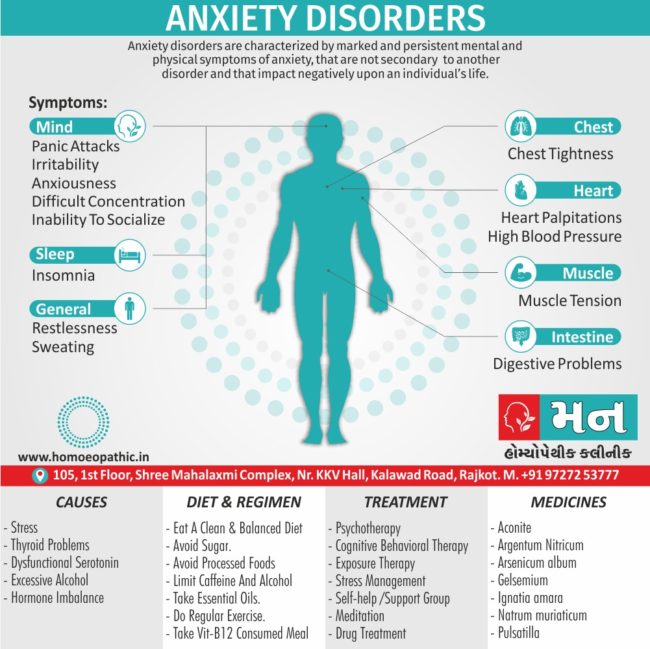
Gaslighting: Is Someone Meddling with Your Perception?
Does the way someone communicates with you make you question your reality? Then, perhaps they are gaslighting you. When you understand what gaslighting is, you can identify whether you are its victim and improve your life.
treatment, how to get rid of anxiety, how to deal with anxiety for no reason
Anxiety is a negatively colored mood with feelings of worry, tension, and fear. In moderation, such emotions are useful: they help to mobilize forces and find a way out of extreme situations. But there must be grounds for concern, and normally it lasts a limited period of time.
If a person constantly experiences a feeling of anxiety and anxiety for no reason, this may indicate the presence of a mental disorder. In the absence of help, constant tension wears out the nervous system and the body as a whole, which leads to a breakdown in adaptation mechanisms and the development of chronic diseases.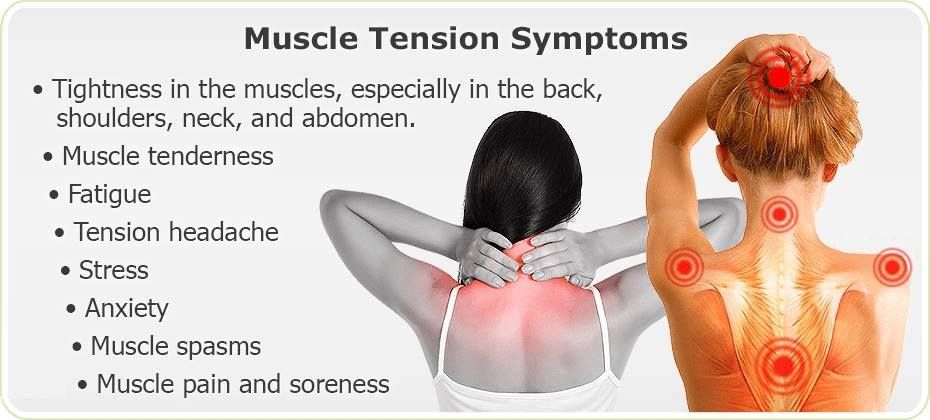 nine0003
nine0003
If you notice that you cannot relax for a long time, then you should think about visiting a specialist.
In pathological cases, the state of anxiety and restlessness without a cause manifests itself both mentally and physically.
Mental symptoms:
- constant feeling of fear and excitement for no reason,
- poor concentration and attention,
- sleep disorders,
- emotional lability, irritability, tearfulness,
- inability to relax and fully engage in daily activities or communication,
- the need to reassure others that everything is okay. At the same time, words of support do not bring relief.
Physical symptoms:
- rapid breathing and heartbeat,
- headaches, pain in the abdomen and in the region of the heart,
- excessive sweating,
- eating disorders: increased or loss of appetite,
- weakness,
- shivering, chills,
- stool disorders: frequent urge, constipation,
- feeling short of breath,
- nausea,
- muscle spasms and pain.
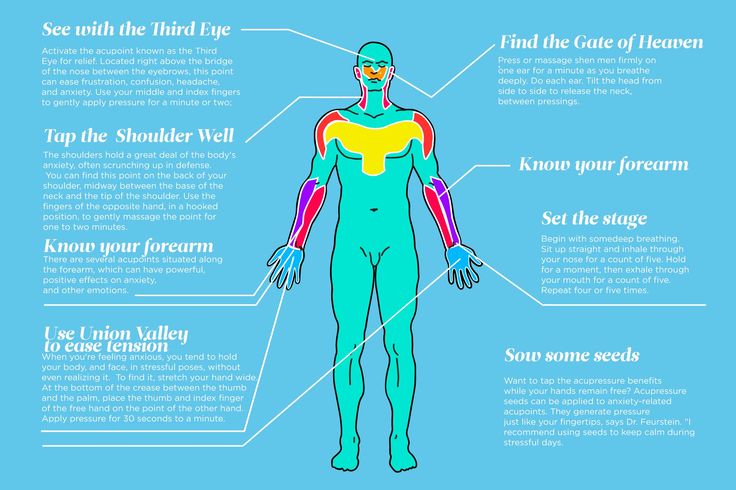
Unreasonable anxiety and anxiety increase or smooth out from time to time. Exacerbations often accompany stress: conflicts, important events, illness. Normally, a person recovers quickly after the situation is resolved, but when upset, negative emotions do not go away. nine0003
The intensity of anxiety varies from mild to severe. The extreme is panic. If you ignore an anxiety state for a long time for no reason, then panic attacks can join it. They overtake unexpectedly and sometimes without a good enough reason, but after this episode, a person begins to avoid situations similar to the one in which it happened: public transport, an elevator, or just a crowd of people. This greatly reduces the quality of life and can lead to social isolation. nine0003
Causes of causeless anxiety and anxiety
The occurrence of anxiety disorder is influenced by heredity. It has been found that certain brain structures and features of biological processes play an important role in the emergence of fear and anxiety.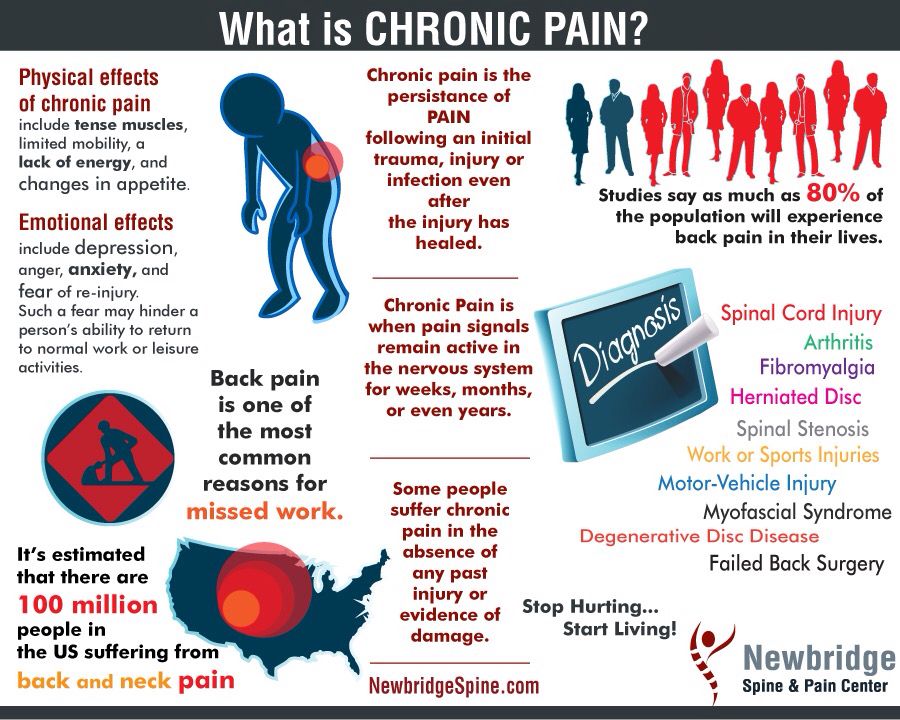 Personal characteristics, somatic health problems, lifestyle and various types of addictions also matter. Sometimes there is no cause for causeless anxiety and worry. Negative feelings usually have a trigger - an event or thought that causes an anxious response. However, most people are not aware of their triggers and believe that their emotions are groundless. In this case, only a specialist will help to understand why excitement arises for no reason. nine0003
Personal characteristics, somatic health problems, lifestyle and various types of addictions also matter. Sometimes there is no cause for causeless anxiety and worry. Negative feelings usually have a trigger - an event or thought that causes an anxious response. However, most people are not aware of their triggers and believe that their emotions are groundless. In this case, only a specialist will help to understand why excitement arises for no reason. nine0003
There are a number of diseases, the symptoms of which are constant anxiety. With causeless fear and anxiety, the reasons may be as follows:
- Generalized Anxiety Disorder: Persistent nervousness and worry over small things that are usually visible to others and last 6 or more months. It starts in adolescence and intensifies with age.
- Obsessive-compulsive disorder: obsessive thoughts and fears that are accompanied by obsessive actions that do not bring relief. Obsessive-compulsive disorder is distinguished - a person is indomitably haunted by memories that reproduce a traumatic situation.
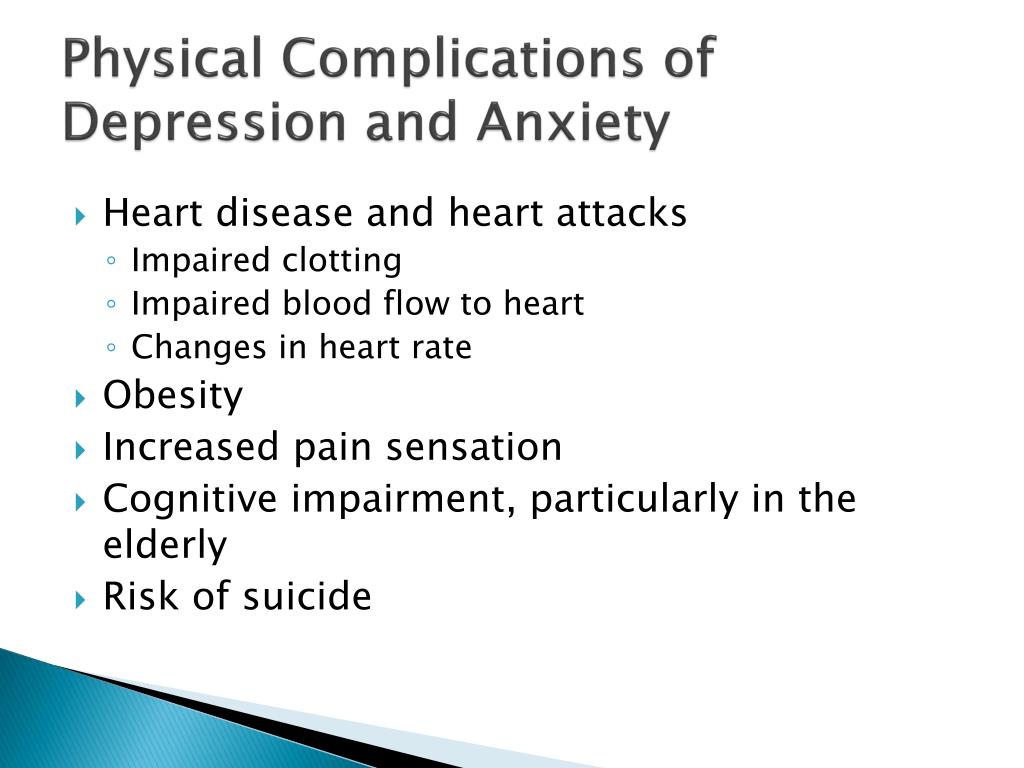 nine0014
nine0014 - Phobias: irrational fear of any, even mundane, things. Accompanied by uncontrolled panic and physical manifestations.
- Panic attack - an excruciating and sudden attack of panic, which is accompanied by a fear of death and vivid somatic symptoms. The regular occurrence of panic attacks means the development of a panic disorder.
- Post-traumatic stress disorder: occurs after a severe traumatic situation and is accompanied by high levels of anxiety, avoidance and flashbacks. nine0014
These are the most common examples, but pathological anxiety can be a symptom of other disorders or the result of a failed stress management. If you want to understand why there is a feeling of anxiety for no reason, you should consult a doctor. Without clarifying the main factor and working on it, it is impossible to restore health and peace of mind.
What to do with causeless anxiety and anxiety
It is difficult to live in constant stress.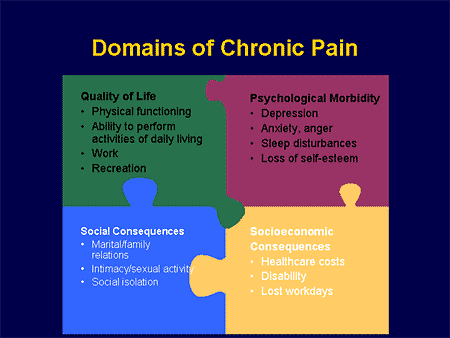 If you experience causeless anxiety and fear of what to do, the following list will tell you: nine0003
If you experience causeless anxiety and fear of what to do, the following list will tell you: nine0003
- Talk to someone you trust. This could be a relative, a close friend, a therapist, or a helpline employee. People are social creatures, so communication is a good way to relieve internal tension.
- Find a way to calm down quickly. There is not always a person with whom you can share. Therefore, it is important to find a suitable method that will help you relax: breathing techniques, soothing music, aromatherapy, self-massage, and more. If you cannot independently choose a technique that quickly helps with anxiety for no reason, a specialist will tell you what to do. nine0014
- Add physical activity to your life. It is a natural and effective remedy for anxiety. Moderate sport relieves stress, lowers stress hormones, and strengthens the nervous system. Get at least 30 minutes of physical exercise a day.
- Normalization of lifestyle. Get enough sleep, eat well, give up bad habits.
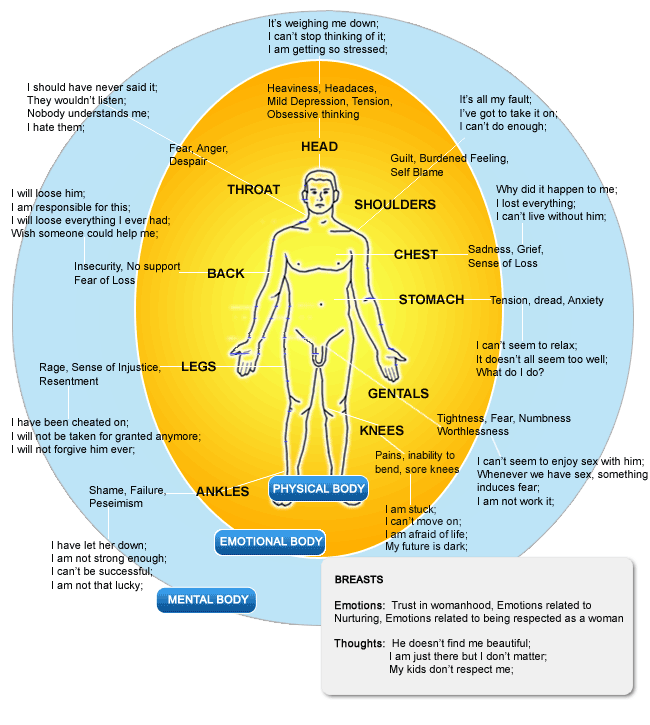 This stabilizes physical performance and neurotransmitter levels, which helps maintain emotional balance. nine0014
This stabilizes physical performance and neurotransmitter levels, which helps maintain emotional balance. nine0014 - Start journaling. Notes help identify patterns of anxiety flare-ups, understand the causes, and notice early signs of their occurrence. Also, thanks to this, you will begin to focus more on positive events that you might not have noticed before.
With excitement for no reason, everyone who regularly encounters this wants to know what to do. There is no universal method, however, the 5 steps listed above are recommended for every person with increased anxiety. This may be enough to alleviate symptoms. But if self-help techniques do not give the desired effect, then with a regularly occurring feeling of anxiety for no reason, you need to find out from a specialist what to do. nine0003
Treatment of causeless feelings of anxiety and restlessness
Regardless of the cause of pathological anxiety, professional help is the only complete method to eliminate the problem. If you have constant excitement and anxiety for no reason, you can quickly and effectively learn from a psychiatrist or psychotherapist how to get rid of this condition.
If you have constant excitement and anxiety for no reason, you can quickly and effectively learn from a psychiatrist or psychotherapist how to get rid of this condition.
Due to the diversity of anxiety disorders, their therapy must be adapted to the individual clinical picture and diagnosis. Therefore, only a highly qualified specialist who has experience working with different types of anxiety conditions can tell you how to get rid of an anxiety state for no reason. For example, the therapy algorithm for a patient with obsessive-compulsive disorder (OCD) is different from the help for panic attacks. nine0003
For a state of anxiety and anxiety without a cause, treatment includes the following approaches:
- Psychotherapy. The most promising direction, which not only eliminates the symptom, but identifies the cause and fights it. Therapy teaches when feeling anxiety for no reason, how to get rid of acute attacks of anxiety, relax, look at life situations differently.
 The doctor will help to uncover the main causes of your fears and work them out. The patient receives the tools to overcome anxiety and uses them successfully. Cognitive-behavioral therapy is usually used: in the course of treatment, the patient encounters an object of concern and gradually gains confidence that he can control the situation. nine0014
The doctor will help to uncover the main causes of your fears and work them out. The patient receives the tools to overcome anxiety and uses them successfully. Cognitive-behavioral therapy is usually used: in the course of treatment, the patient encounters an object of concern and gradually gains confidence that he can control the situation. nine0014 -
Medical therapy. Depending on the type of anxiety and the presence of associated mental or physical health problems, antidepressants, sedatives, sleeping pills, and other drugs may be prescribed. When anxiety is felt without a cause, drug treatment will alleviate the symptoms and improve the patient's quality of life during his psychotherapeutic work on the underlying cause. Uncontrolled medication leads to dangerous side effects and withdrawal syndrome, so they can only be used according to the individual course prescribed by the doctor. nine0003
It is recommended to use a combination of psychotherapeutic and drug treatment, but sometimes only the first one is enough.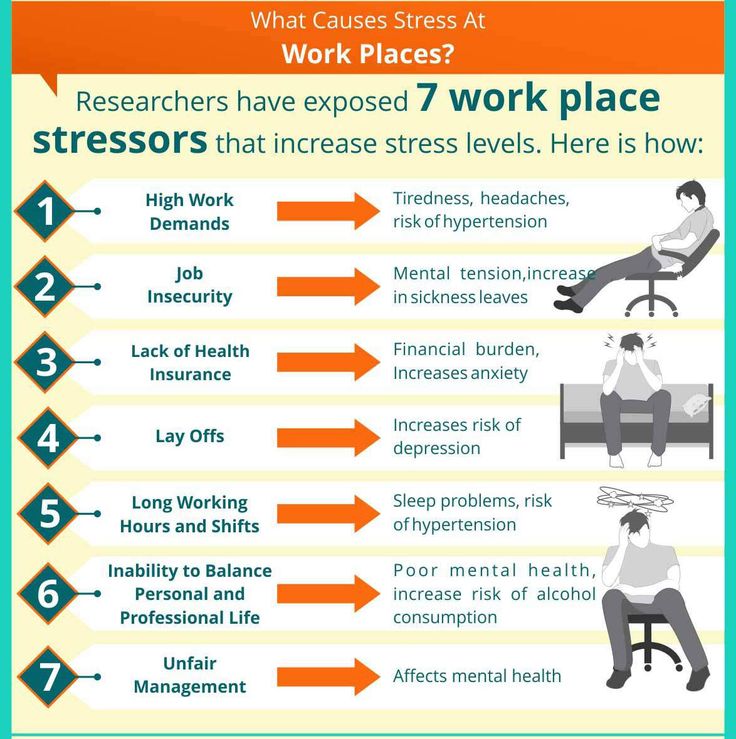
You should not put off visiting a doctor if you feel that experiences are preventing you from living. Over time, the symptoms worsen and other severe mental illnesses join: depression, neurotic disorders, and more. If the normalization of lifestyle does not help, it means that you will understand how to get rid of unreasonable anxiety only from a psychotherapist. With a timely appeal to a competent specialist, only a few sessions of psychotherapy may be enough for recovery. nine0003
Thanks to modern psychotherapeutic approaches, hundreds of people are making great strides every day in the fight against anxiety disorders. There is no need to endure the painful burden of fear and anxiety, because timely assistance allows you to achieve excellent results: the patient will fully recover and return to a full life, and the improvement will be noticeable after the first session.
7 physical symptoms of anxiety | PSYCHOLOGIES
Everyone can name a few physical signs of anxiety:
- chills or trembling;
- redness of the skin;
- excessive sweating;
- nausea;
- palpitations.
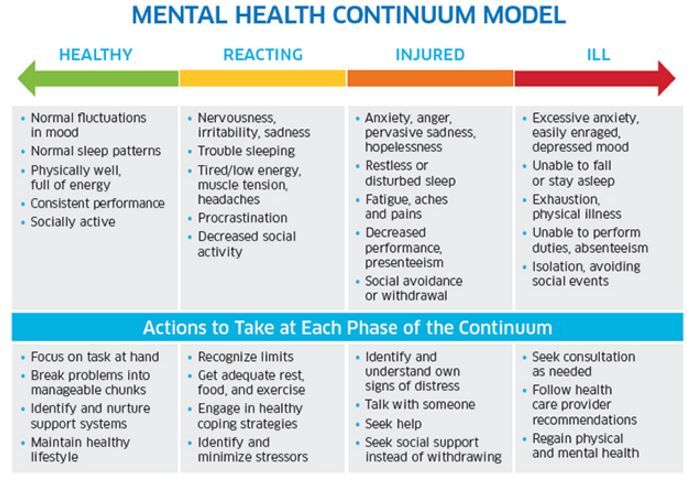
However, those who suffer from a chronic anxiety disorder, including panic attacks, phobias, general or social anxiety, experience more persistent symptoms, even when there is no reason to worry.
These conditions are so similar to serious illnesses that many do not realize their true nature. Instead, they worry that they have a bad heart, chronic migraines, or other health problems. Accordingly, anxiety develops into neurosis and prolonged stress. nine0003
1. Dizziness
A person falls into a semi-conscious state, as if the ground is slipping from under his feet and he is about to fall. Most often this happens in a crowd or in an open space. People get anxious as soon as they feel a little dizzy. They are afraid to stumble, fall or lose consciousness in a public place, which makes their head spin even more and anxiety increases.
These fears often develop into a desire to avoid anything that can trigger the symptom, including physical activity and strong experiences.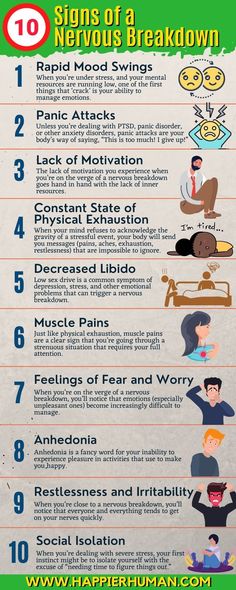 nine0003
nine0003
2. Chest pain
Acute chest pain when frightened or shocked, usually accompanied by rapid heartbeat and shortness of breath. Similar sensations occur during a heart attack, so many fear for their lives. They call an ambulance and get annoyed with the doctors when they do not find clinical signs of a heart disease.
Meanwhile, in a survey of 150 patients with complaints of chest pain, 59% of them revealed signs of an anxiety disorder. Another study found that people who suspected they had a heart attack were much more likely to have anxiety than heart disease. nine0003
3. Headache
Tension headache or "tension headache" and migraines often indicate an anxiety disorder, although the primary factors vary.
- Sleep disorders. Most often, insomnia and other sleep problems occur against the background of nervous tension: anxious people constantly do not get enough sleep, which can provoke a migraine.
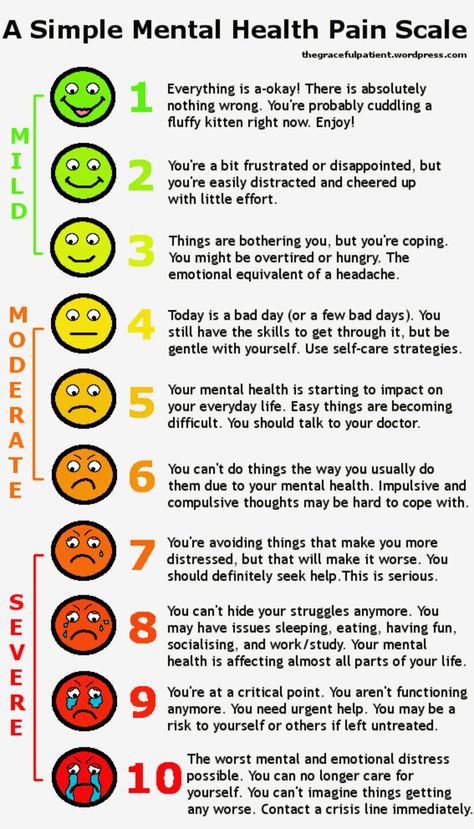
- Lack of serotonin. This neurotransmitter regulates our emotional state. With its deficiency, mental disorders develop, including anxiety. When the level of serotonin drops sharply, the vessels constrict, and the head starts to hurt. nine0014
- General stress. In stressful situations, the muscles contract involuntarily, and if this condition is prolonged, the body responds with a headache. In addition, stress is considered the most common cause of migraines.
4. Digestive disorders
Doctors believe that the reason lies in the fact that the intestines and the brain are connected by nerve fibers. The alarm signal instantly enters the gastrointestinal tract and manifests itself in somatic diseases. Nervous or worried, many feel a flutter in the stomach or mild nausea. nine0003
However, chronic anxiety manifests itself in more serious ailments:
- abdominal cramps;
- diarrhea or vomiting;
- constipation;
- appetite disorders;
- peptic ulcer;
- irritable bowel syndrome.

Fears that vomiting or diarrhea may occur in public are morally depressing and increase anxiety. Moreover, prolonged dysfunction of the gastrointestinal tract not only interferes with a normal life, but also leads to severe personality disorders. nine0003
5. Difficulty breathing
Difficulty breathing when anxious. This manifests itself in many ways: from hyperventilation and accelerated breathing to suffocation and lack of air. Usually these symptoms are unstable. They can be repeated in tense situations, with danger or nervous excitement. For example, during a panic attack, people often feel as if they have forgotten how to breathe. These feelings are very frightening and exacerbate the anxiety disorder.
6. Numbness of limbs
Anxious people describe this sensation as tingling in numb hands, forearms, calves and feet. Thus the body reacts to the general overexcitation. In response to a threat, the body redistributes resources: blood drains from the limbs and rushes to more important organs, such as the heart.